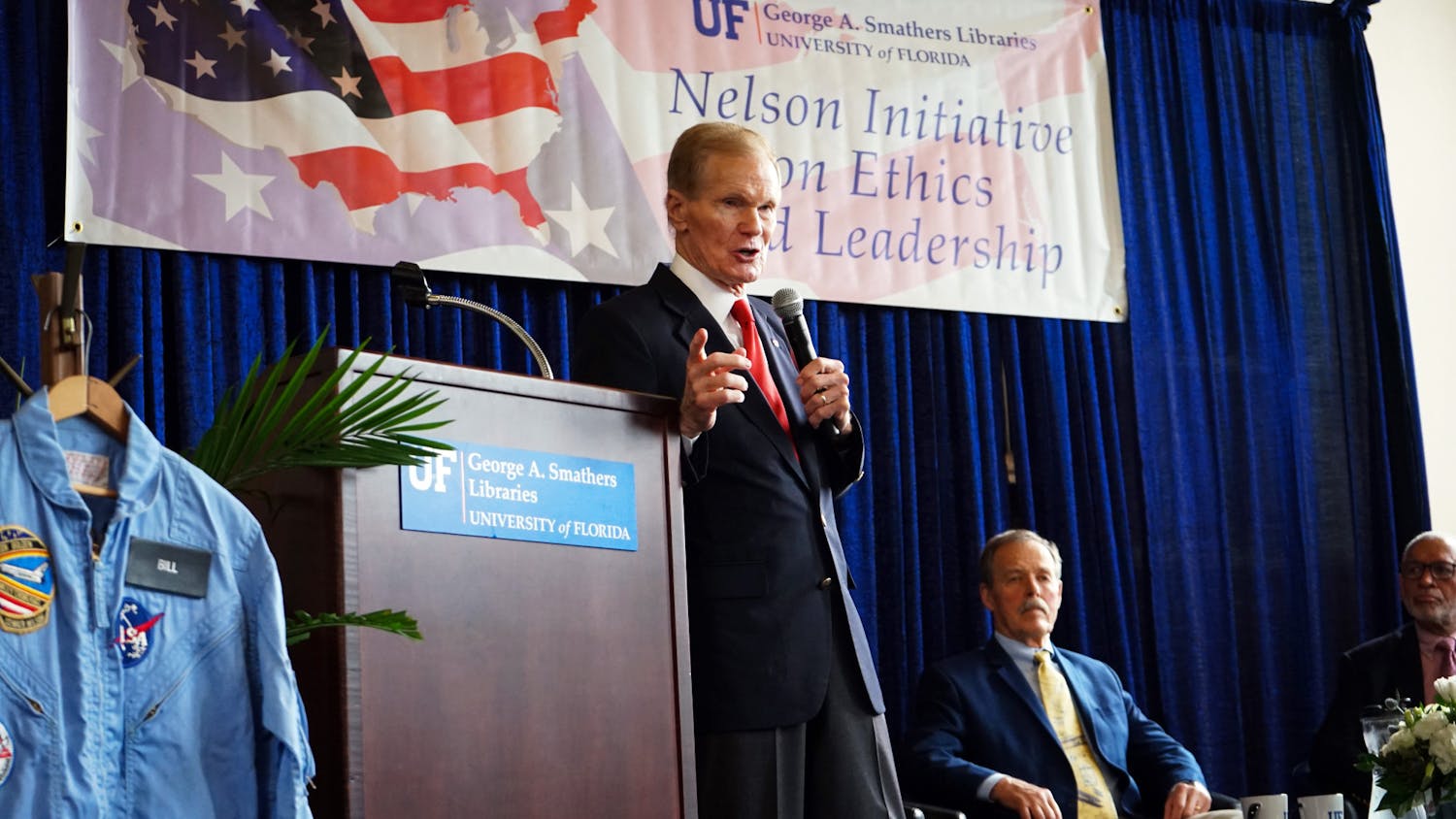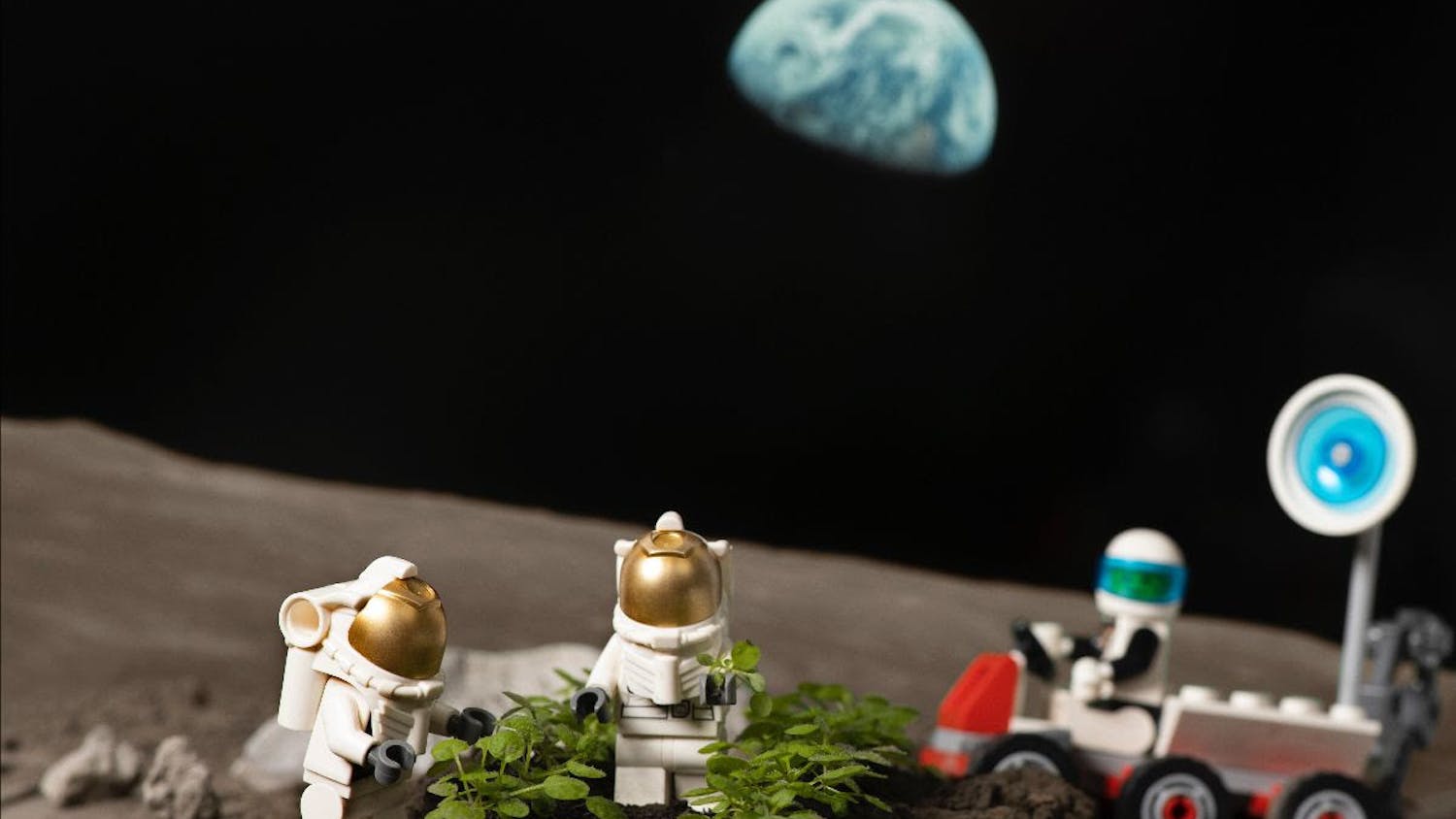One of the few universal human experiences is the awe and bewilderment you feel when looking deeply into the night sky.
Attempting to make sense of the twinkling lights that appear every night has been an obsession of our species for as long as any records have existed to show it. You can see it in star charts, the stories behind constellations, cheesy late-night conversations and that one scene in “The Lion King.” Our own government has spent billions — BILLIONS — of dollars in an attempt to comprehend the night sky. All of these attempt to answer two questions: What the hell is out there? And does any of it look anything like us?
In the brief time that science has existed, close inspection of the planets in our own solar system has been disappointing, insofar as we found neither aliens nor any places we could flee to after we inevitably screw up Earth beyond repair.
But yesterday, a glimmer of hope flashed in the lens of a NASA telescope.
Actually, it flashed three times.
Scientists made the following announcement Tuesday to the American Astronomical Society: NASA’s Kepler telescope has found three planets that could be capable of sustaining life, bringing the total number to eight.
In other words: We might have company.
The three new planets were spotted by the supermassive satellite-mounted telescope Kepler. They have joined five other previously discovered planets that resemble our own. It’s an exciting discovery that shows we might not be alone in the universe after all. Granted, there are probably way, way more than eight of these planets out there.
All eight of the planets theoretically capable of sustaining life were found using a system where scientists look for what they’ve whimsically named “Goldilocks” planets. It works with the idea that in order to sustain life, planets must exist a certain distance from their stars. If it’s too far away, everything will freeze to death; if it’s too close, everything on the surface will burn up in an unforgiving hellfire. The secret to life, and the source of the pun, is that planets must be at a distance that’s “just right” if things want to live on them.
With that in mind, it wouldn’t be far-fetched to say the planets NASA just found are more hospitable than Gainesville will be tonight and Thursday. WRUF predicts that temperatures tonight will fall in the mid-20s, but with the wind that will be howling through town it’ll feel like 14 degrees. It should warm up a little bit during the day, but it’ll still be insanely cold. Get a coat and some gloves if you don’t already have them, and stay warm, Gators.





